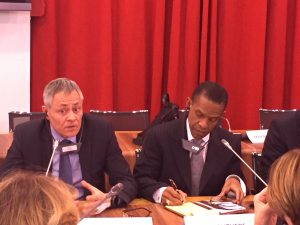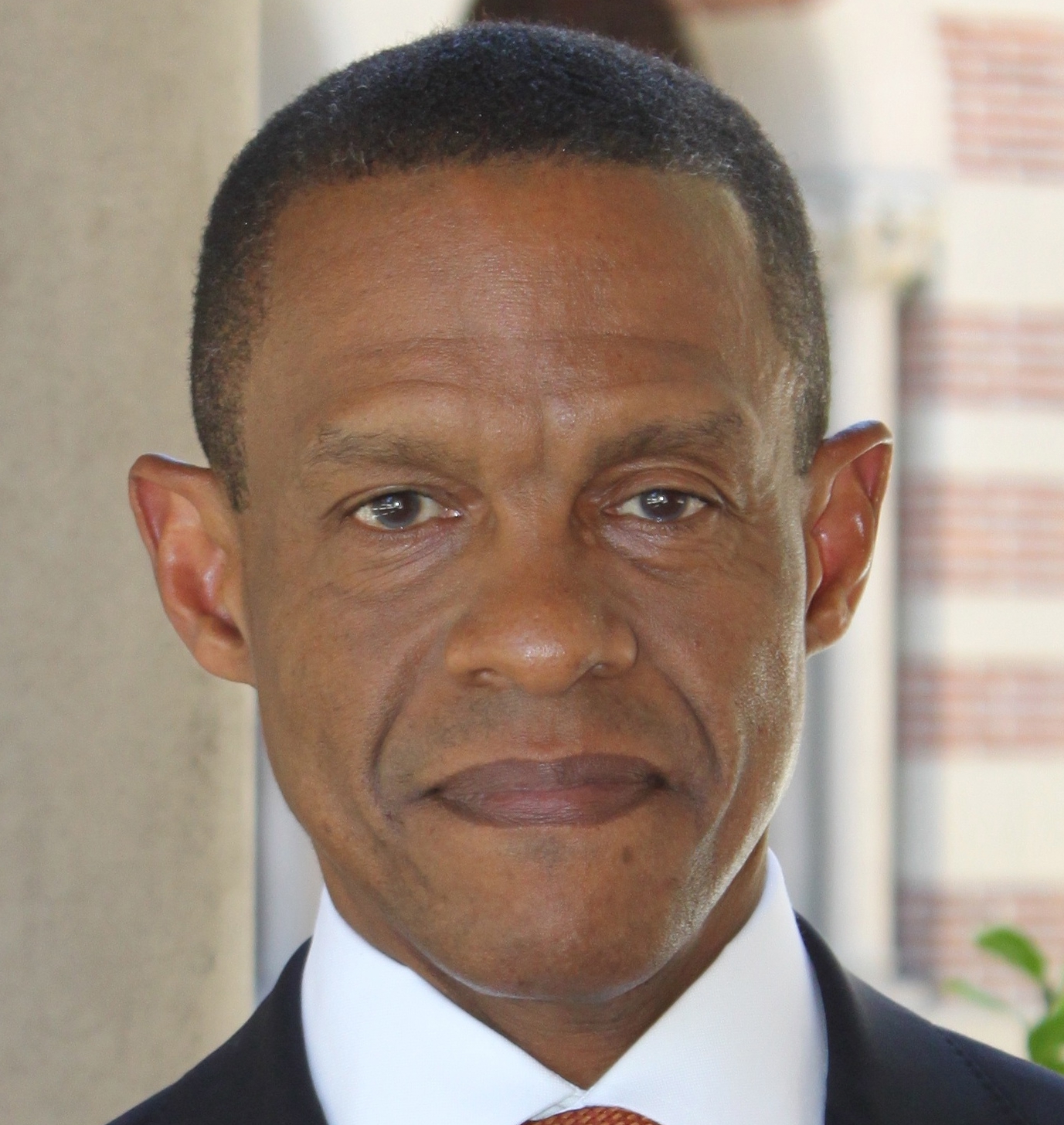Nearly a week ago, two attackers entered a church in a small town in northern France. They took five people hostage and murdered 86-year-old Catholic priest Jacques Hamel, all in the name of ISIS. It was the latest in a string of horrific attacks in Paris and Nice. While the ideology that inspired these attacks knows no nationality, the attackers themselves (including the murder of the priest in Saint-Etienne-du-Rouvray) were French citizens. They were homegrown violent extremists (HVE).
Terrorism today is not necessarily (or even usually) committed by foreigners arriving from abroad. Instead, from San Bernardino to Baghdad, we are seeing the rapid growth of HVE as the most serious type of terrorist threat. There is no terrorist profile—every terrorist is different and is driven by a mix of ideological beliefs and criminal predilections that are unique to the individual. While we can see common elements in terrorist attacks, the clearest connection throughout is that the attackers are homegrown. Many lack foreign fighter experience in Syria or Iraq, and the level of “command and control” that ISIS leaders exercise over the actions of these individuals is questionable at best.
 In France, the intelligence community is evolving to respond to the nature of the threat, but terrorists are always adapting their tactics and approaches. The recent parliamentary report into French intelligence failures seems to indicate missed opportunities to stop the Paris and Brussels attackers. However, during a visit to France in February 2016, it was clear that French intelligence was keen on engaging interdisciplinary approaches to increase their effectiveness.
In France, the intelligence community is evolving to respond to the nature of the threat, but terrorists are always adapting their tactics and approaches. The recent parliamentary report into French intelligence failures seems to indicate missed opportunities to stop the Paris and Brussels attackers. However, during a visit to France in February 2016, it was clear that French intelligence was keen on engaging interdisciplinary approaches to increase their effectiveness.
To help advance this, the University of Southern California’s Sol Price School of Public Policy is in the process of formalizing a Memorandum of Understanding with the University of Lyon and the Université Panthéon-Assas for their Countering Violent Extremism (CVE) Studies degree program. And I am privileged to have been named the honorary President of the newly minted Fédération Française de Psycho-Criminalistique, an association dedicated to understanding violent extremism and methods of addressing pre-radicalization, post-radicalization, analyzing post-attract treatment of victims and developing research programs for studying CVE.
This battle will be won and lost with our collective capacity to detect, deter and defend against these attacks, and the level of cooperation will be dictated, in part, by the ability to share information and knowledge. Every country is different, but we are all in the same fight against terrorism, and increasingly, those terrorists are our own citizens. We will triumph, as the French say, through liberté, égalité and fraternité.


